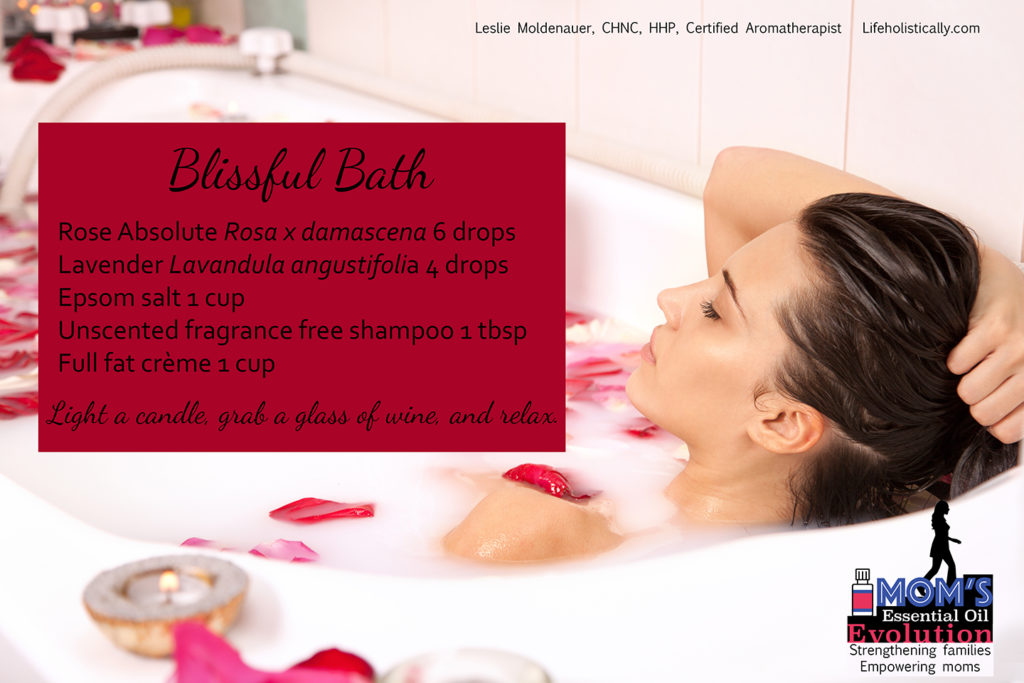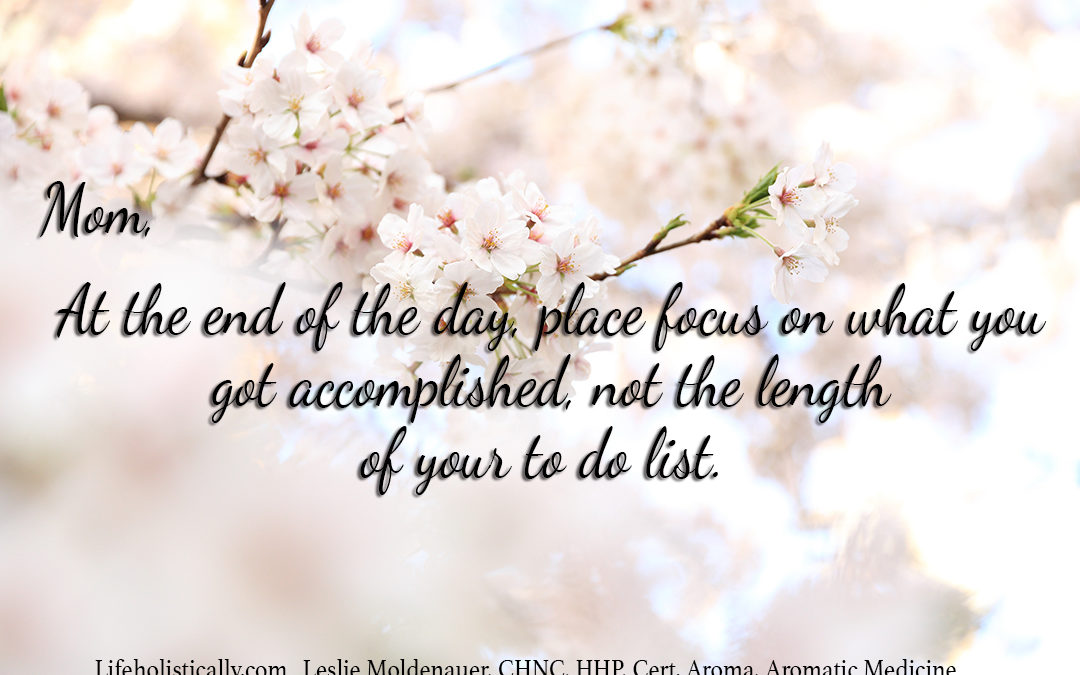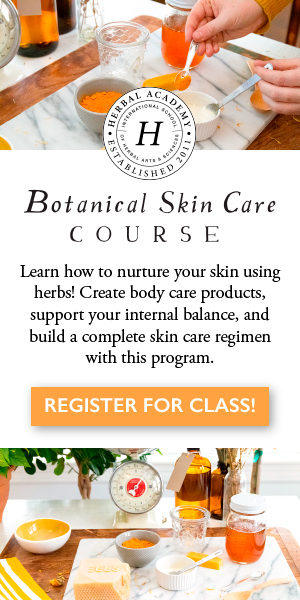Prenatal and Postnatal Care for Mothers. Motherhood, whether for the first time the fourth time, or anywhere in between, is one of the most exhilarating times in a woman’s life. Be sure to slow down and savor every moment of it, not only because everything goes by so fast, but also because it is a crucial time to take care of self.
If you are sporting your baby bump and are knee deep in preparation, I want to briefly cover a very important topic, post-partum depression (PPD). The rates of women who are affected by PPD are staggering, and constantly on the rise. According to a study performed in 2017 by the CDC, approximately one in nine women currently experience symptoms of PPD [1]. These numbers are very significant, and the topic needs a big, glaring spotlight put on it.
*If you think you may be suffering from PPD, please see your doctor.
As women, “most” of us are not prepared for motherhood in the way I am about to discuss. Other than books and articles preparing us for Baby, such as the best seller, “What To Expect When Expecting,” there is not much at all by way of truly preparing us moms for this huge life shift. I am speaking emotionally, mentally and physically. We can find information in books regarding cracked nipples, perineum tears, how long to wait before sex, stretch marks and hemorrhoids, but ladies; we need so much more than that!
During this important time, I am not sure how many of us really think about ourselves as the most important one! It is crucial that you begin to see it that way, even with that brand-new life that you have made and is about to be in your arms nearly 24-7! Prepare to take impeccable care of self, for your health and sanity, as well as everyone else’s around you.
What I am really talking about here is true, self-care: no chores, no laundry, and no dishes. Bath, book, massage, dancing, painting, getting in nature, whatever that means for you….do something every day.
I believe that truly preparing for birth means taking impeccable care of self before the babe is born. If you have developed a routine that makes you feel amazing during the nine months of gestation, a routine that makes you feel supported and loved…you are not only much more likely to keep that up once the baby is born, you have greatly lowered your chance of post-partum depression as well as complications [2]. This is not an exact science or guarantee, but the research does show that lowered stress during pregnancy is key.
Would you be surprised if I told you that the most common issue among young mothers next to PPD is burnout? What I mean by burnout is adrenal fatigue and likely low thyroid function as these typically go together.
From personal experience, there are a few things that are really important to support yourself, and avoid any possible complications of PPD or burnout along the way:
-Having a genuine support system in place. Learning to ask for help when needed is a great practice to get into early, and this goes for all of us, not just when pregnant or with a newborn in your arms. If you take it all on yourself in lieu of asking for help, you will be exhausted in no time.
“Unity is strength. Where there is teamwork and collaboration, wonderful things can be achieved.”-Mattie Stepanek
-All women have capes that we wear. We are strong and often times unstoppable once we put our minds to something. I have no doubt that you are unstoppable, but at what expense is the question. Make self-care a must, not an option, or something you say you know you should do, but never get around to.
-If you already have other children in the home, creating accountability now is crucial. Everyone picks up after himself or herself and is a part of the family unit. I have some great ideas on this topic in my recent book, “Mom’s Essential Oil Evolution”. However it works for you and your family, a strong family unit needs to be cultivated.
These are just a very small sampling of things that need attention during this important time in your life.
How about a nice bath to soothe you at the end of the day? (Alternatively, you can utilize Rose Absolute prediluted at 10% in jojoba oil. Both Plant Therapy and Nature’s GIft carries it).

Or how about a beautiful diffuser blend? Turn the timer on your diffuser before you slip under the covers with your favorite nighttime blend. Here is one of mine:
Lavender (Lavandula angustifolia) 4 drops
Marjoram (Origanum majorana) 3 drops
Ylang-ylang (Cananga odorata) 2 drops
Neroli (Citrus aurantium) 1 drop
*As I am unaware of your medical history, please make sure that these blends are suitable for you.
The number of drops given above is suitable for a 400 ml. water reservoir diffuser. If you wind up loving this blend as much as I do to completely melt away your worries, lower stress hormones and help you sleep, make yourself a master blend and store for easy access. Be sure to practice safe diffusion (Resource here).
Make self-care a part of your every day, no exceptions. The purpose of our lives is to be happy after all. Do not go day in and day out just doing “the routine” or what needs to be done to “get by”. Celebrate life, after all, there is a lot to celebrate.
Like so many practices in life, I encourage you to become educated on the proper use of essential oils. When using them, please do so cautiously, understanding that there is often misinformation on the internet. You can be assured that I support only educated and proven resources. While essential oils should not be feared they should be respected and used properly to ensure the safety of the individuals using them.
Please note that I am not a medical practitioner. The content of this website is provided for general informational purposes only and is not intended as, nor should it be considered a substitute for, professional medical advice. Do not use the information on this website for diagnosing or treating any medical or health condition. If you have or suspect you have a medical problem, promptly contact your professional healthcare provider. By using this website, you assume full responsibility and liability for your own actions.
References
[1] Trends in postpartum depressive symptoms-27 states, 2004, 2008, and 2012, Retrieved from https://www.cdc.gov/mmwr/volumes/66/wr/mm6606a1.htm?s_cid=mm6606a1_w
[2] Werner, E. et al (2014) Preventing postpartum depression: Review and recommendations. Retrieved from https://www.ncbi.nlm.nih.gov/pmc/articles/PMC4308451/
Resources
Kirkby, D. (2014). My mini midwife: everything you need to know about pregnancy and birth. Chichester, West Sussex: Vie.
Shomon, M (2017) Postpartum thyroiditis and thyroid problems after pregnancy. Retrieved from https://www.verywell.com/thyroid-problems-after-pregnancy-3231767
Hotze Health (2011) How childbirth affects hormones, estrogen dominance, postpartum thyroiditis, & adrenal health. Retrieved from https://www.hotzehwc.com/2011/07/how-childbirth-affects-hormones-estrogen-dominan/
[et_bloom_inline optin_id=optin_3]




